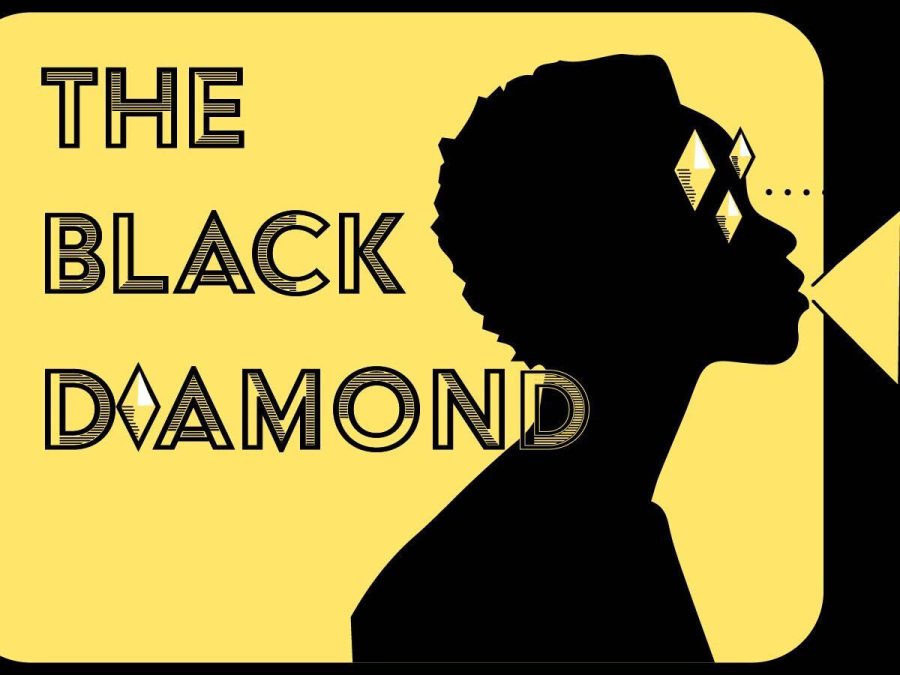Young Black girls are no strangers to the “Strong Black Woman” stereotype. We see it in movies, television, books and sometimes even in our own homes and day-to-day lives. We are exposed to the idea that persistent struggle is just a part of life when you are a Black woman.
At first glance, people might not see an issue with referring to Black women as “strong.” What could possibly be wrong with seeing women persevere through significant tribulations and wanting to credit them for that?
The issue comes with the response. When Black women are referred to as strong, although there is awareness being spread about our issues, we are not given the grace to deal with those issues properly. Black women being called strong addresses the problem but offers no solutions.
30 percent of Black women are the heads of their households, 20 percent face sexual abuse in their lifetime, and 40 percent of Black women have experienced violence from an intimate partner, more than any other race. It is extremely damaging to believe that anyone could carry those burdens alone.
There is a pressure to “just push through” as a Black woman, leaving no room for us to be sensitive to our experiences. No time to grieve or process our emotions, leading us to often neglect our well-being.
But within all the negative undertones of this character trait that has been placed on us, I do somehow see the beauty of it. I grew up with plenty of strong Black women in my life. I could never convince myself that it is a bad thing to be considered strong. But as a child, I slowly began to understand that all the women in my life were so strong because they had no choice but to be.
The strong Black woman stereotype can be seen as harmful to Black women because it feeds into the idea that we’re supposed to have all the answers and not ask for help. Women are twice as likely to experience mental health issues than men, but Black women are only half as likely to seek treatment.
While there are many causes for these disparities, the main reason for this is the stigma surrounding mental health in the Black community. Often, therapy and treatment for mental health are looked down upon.
That is where the stereotype comes in. We are taught from a very young age that we are supposed to just deal with whatever life throws at us. This has led to some Black women wanting to detach themselves from the strong black woman stereotype in hopes of removing the notion that Black women should be able to handle their trials without intervention.
However, I don’t think this should necessarily be the case. I would suggest people unlearn their idea of strength if it pertains to women not showing emotion while dealing with trauma. Strength does not have to include neglecting yourself; it doesn’t include holding everything in. I also want people to understand that Black women are not just “strong.” We are so much more and should be treated as such.
We have been forced to be strong because of all the things we go through. But when our hardship is posed as an individual issue instead of a systemic one, the institutions keeping these problems in place don’t change.
There is strength in asking for help and in realizing you cannot do everything alone. I am, personally, very proud to be a strong Black woman, but I also do not wish to be defined by just my strength and struggles. Being strong means so many different things to me. In my day-to-day life, I feel strengthened when fighting for change and learning to advocate for myself in the classroom or in the workplace.
I would urge Black women not to be afraid of this stereotype but to instead define their strength for themselves. I would also reword the narrative. We are not just “Strong” Black women; we are Black women who have found courage through our circumstances.
Christmaelle Vernet can be reached at [email protected].



















